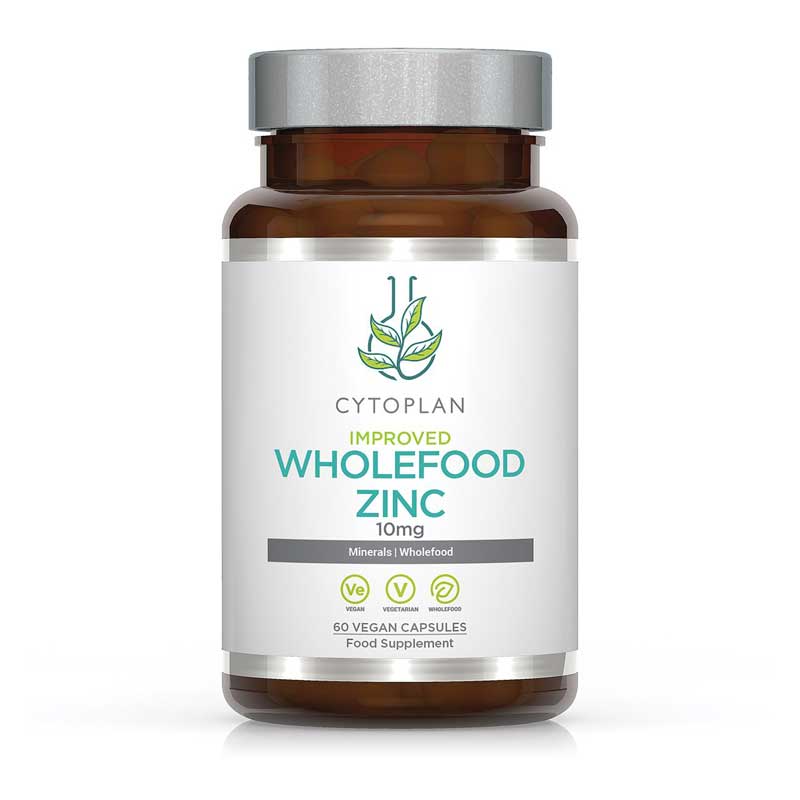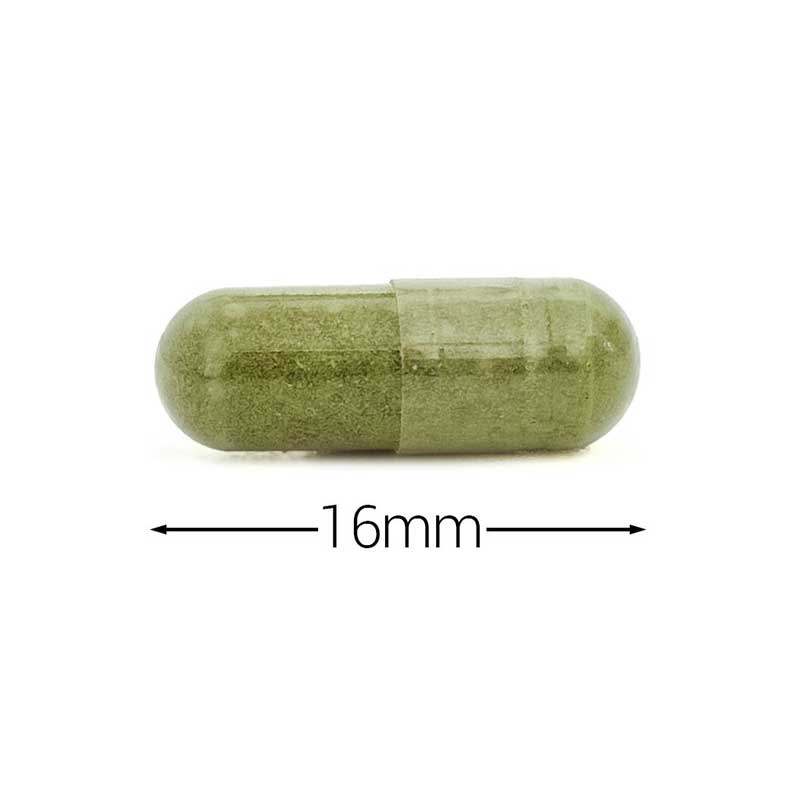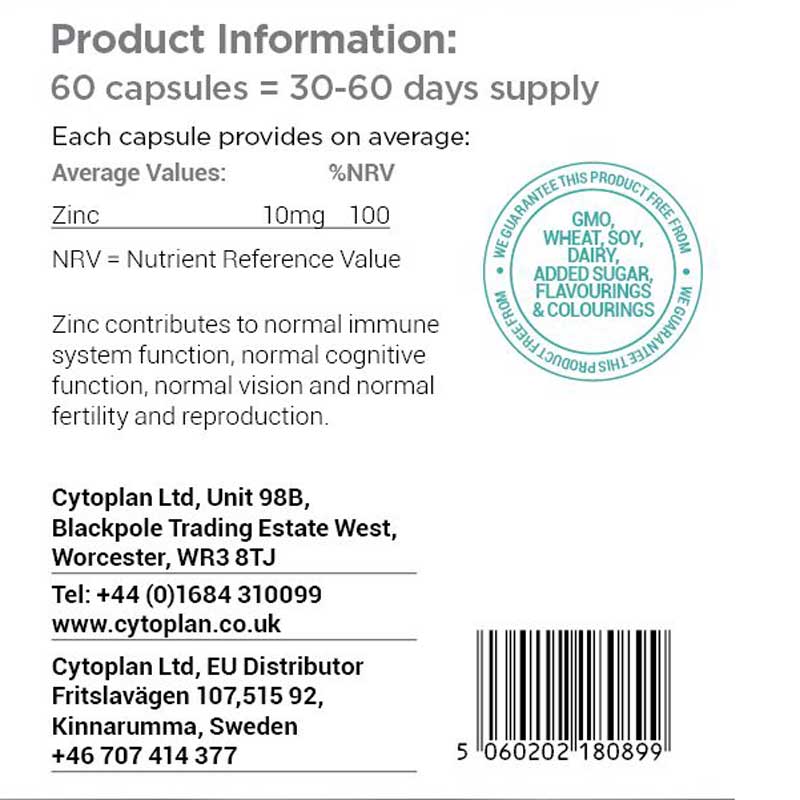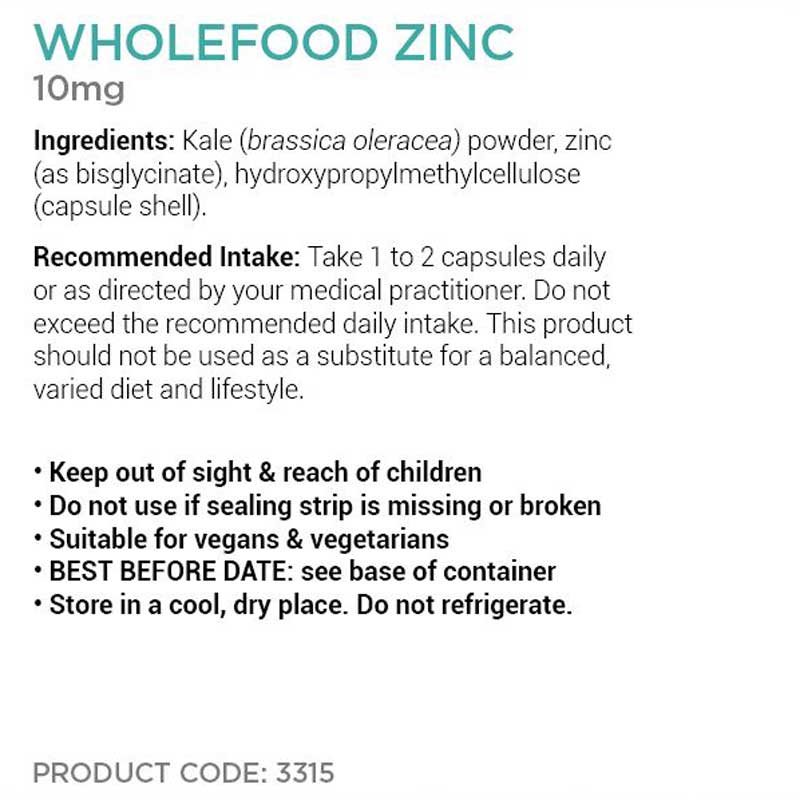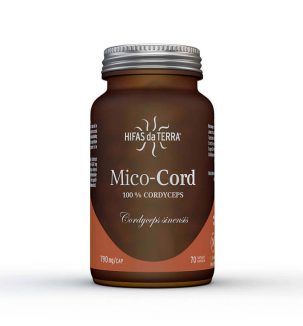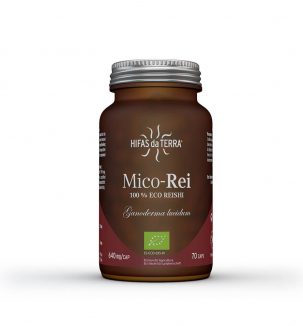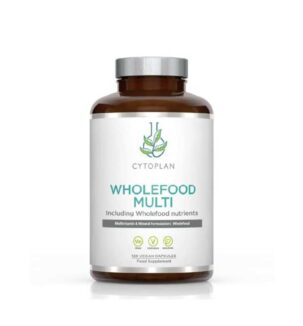Description
About Cytoplan’s Wholefood Zinc supplement
Cytoplan’s Wholefood Zinc capsules are complexed with kale, which is phytonutrient-rich and provides an effective nutrient delivery system that the body recognises and can utilise optimally. This supplement provides zinc in the form of zinc bisglycinate, which is a gentle and easily absorbed form of zinc, with each capsule providing 10mg.
Zinc is the second most abundant trace mineral in the body, being present in all tissue. Soil depletion of zinc has reduced the levels available in vegetables causing issues with zinc deficiency, and much zinc is removed from food during processing, which is why taking a zinc supplement to support your diet should be considered.
Key benefits of zinc supplements:
Immune support – Zinc contributes to the normal function of the immune system
Antioxidant – Zinc contributes to the protection of cells from oxidative stress
Hair, skin and nails – Zinc contributes to the maintenance of normal hair skin and nails
Fertility – Zinc contributes to normal fertility and reproduction, as well as to the maintenance of normal testosterone levels in the blood
Cognition – Zinc contributes to normal cognitive function



